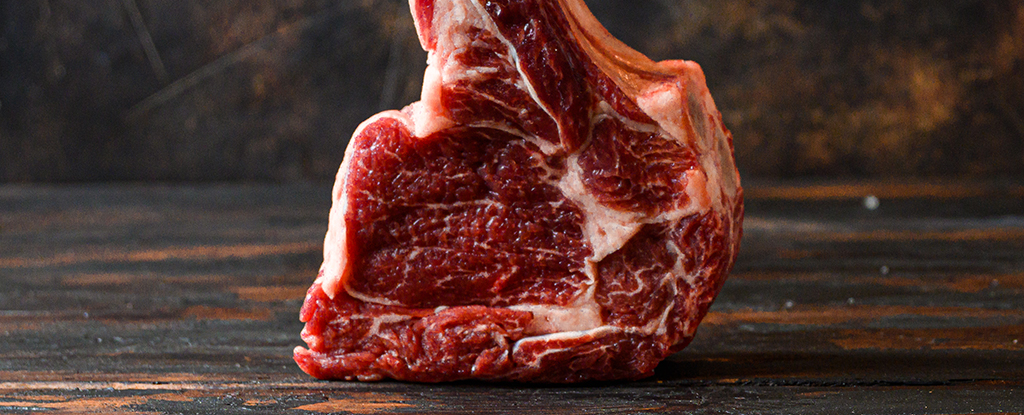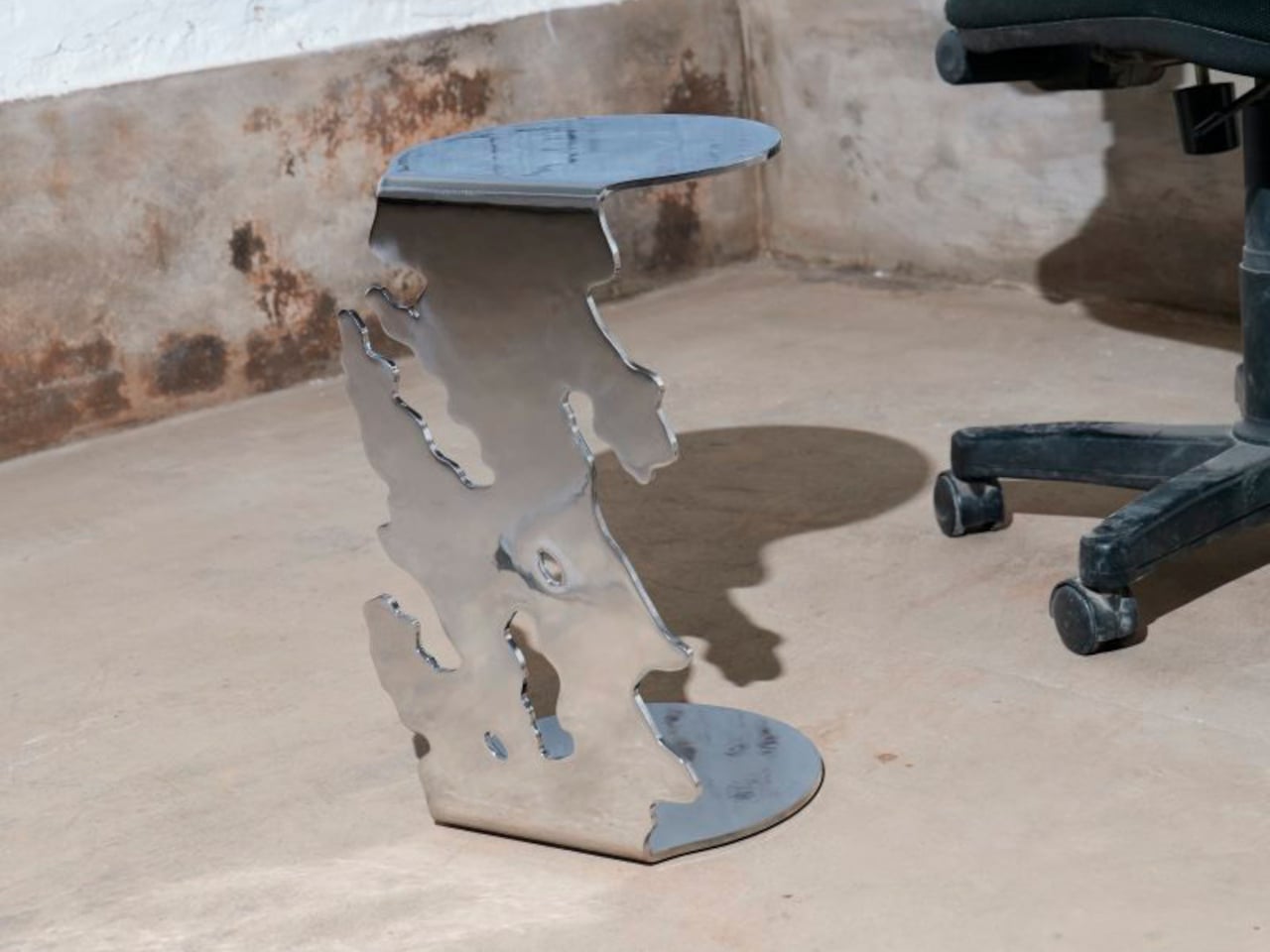Lunar New Year customs to kick off the Year of the Snake in 2025
Lunar New Year begins on Jan. 29. Many Asian Canadian families will welcome the Year of the Snake with “lucky money” and these other traditions. The post Lunar New Year customs to kick off the Year of the Snake in 2025 appeared first on MoneySense.

Happy Year of the Dragon! If your age is a multiple of 12 this year, you’re a snake in the Chinese zodiac. The snake is said to be wise, calm, intelligent, intuitive and mysterious, as well as keen, determined and good at problem-solving. Famous snakes include Mahatma Gandhi, Oprah Winfrey, Taylor Swift, Ben Stiller, Bob Dylan, Daniel Radcliffe, Billie Eilish, Shania Twain, Patrick Roy, Grace Kelly and Vivienne Westwood.
The Chinese zodiac has 12 animals, which take turns exerting influence over each year, always in the same order. The snake holds sixth place in the cycle—the others, in order, are the rat, ox, tiger, rabbit, dragon, horse, sheep, money, rooster, dog and pig. (In Vietnam, people celebrate the cat instead of the rabbit, and the buffalo instead of the ox.)
In 2025, Chinese New Year—celebrated more widely across East Asian and Southeast Asian communities as Lunar New Year—falls on Wednesday, Jan. 29, kicking off two weeks of family gatherings, elaborate feasts, and the giving and receiving of “lucky money” in little red envelopes.
When is lucky money given?
Lucky money envelopes—called lai see in Cantonese and hong bao in Mandarin—are given to children and, in some places, seniors in the first two weeks of the Lunar New Year, up until the first full moon, a day called the Spring Festival or Lantern Festival (in 2025, Feb. 12).
Typically, once you get married, it’s your turn to hand out envelopes, and you’ll receive fewer yourself. There are no hard and fast rules, though—unmarried adults might also give lai see to younger relatives and friends’ children, for example. People often give lucky money to their service providers. My parents bring red envelopes for the servers at their regular dim sum spot.
How much money are we talking about?
Before I got married, I received $5 or $10 from each relative and $20 from each parent for Chinese New Year. Generally, the closer your relationship is to the recipient, the more lucky money you give. The amount is less important than the spirit in which the gift is given—in Chinese culture, the colour red symbolizes happiness and good luck.
Lucky money is also given on special occasions like birthdays, weddings, graduations and the birth of a baby. And the envelopes aren’t always red—you can find everything from cartoony rainbow versions to stylish gold ones. Canada’s big banks often give out packs of branded envelopes when customers pick up crisp new bills for Lunar New Year (giving old, wrinkly cash is considered poor etiquette). And in Asia, you can send digital “red packets” via WeChat, AliPay, Tencent QQ and other financial platforms.
Featured accounts

Get up to 3.50% interest on your savings without any fees.

Lock in your deposit and earn a guaranteed interest rate of 3.75%.

Earn 3.9% interest for the first five months. No minimum balance required and no fees.
MoneySense is an award-winning magazine, helping Canadians navigate money matters since 1999. Our editorial team of trained journalists works closely with leading personal finance experts in Canada. To help you find the best financial products, we compare the offerings from over 12 major institutions, including banks, credit unions and card issuers. Learn more about our advertising and trusted partners.
What else to gift for Chinese New Year?
When visiting relatives, many Chinese families bring traditional new year’s sweets and snacks. Oranges, clementines, pomelos and kumquats are also popular gifts—they symbolize abundance, happiness and good fortune.
Lunar New Year has become highly commercialized, even in countries outside of Asia. My inbox is crammed with emails from lifestyle and luxury brands promoting Year of the Snake merchandise—everything from handbags and jewellery to cosmetic kits and Lego sets, and everyone from Joe Fresh to Swarovski is in on the action. Dyson is even making Lunar New Year–themed hairstyling tools, clad in red and gold.
Treat yourself or a friend if you like, but don’t feel pressured to buy anything. In my family’s experience, new year’s gifts aren’t part of the tradition.
More Lunar New Year traditions
The true focus of the new year is spending time with family.
To get ready for New Year’s Day, Chinese families might clean their homes, buy new outfits, pay off debts and put up bright red decorations. On New Year’s Eve (in 2025, Jan. 28), many clans gather for a feast—this is the big event, like Thanksgiving and Christmas dinner rolled into one. The meal includes dishes thought to be auspicious, like long noodles (for a long life) and a whole fish (for abundance). Between New Year’s Day and the Spring Festival, families will visit relatives, worship ancestors, attend new year’s festivities and more. Some of us also observe new year’s taboos and superstitions.
And what about predictions for the year?
The Year of the Snake—specifically the Wood Snake, this time around—will bring wisdom and transformation. As we collectively shed the skin of 2024, look for personal opportunities for change and growth. If you’re a snake, it’s a good year to focus on your relationships and career—but also take steps to safeguard your health and well-being. Read more about the Year of the Snake and find your 2025 horoscope at ChineseNewYear.net.
Get free MoneySense financial tips, news & advice in your inbox.
Read more about gift-giving:
- Financial gifts: What you need to know before giving money or investments
- Can we gift cash or property to our kids tax-free?
- The tax implications of gifting adult children money and more
- The best charities in Canada to donate to for the most charitable impact
The post Lunar New Year customs to kick off the Year of the Snake in 2025 appeared first on MoneySense.




































/cdn.vox-cdn.com/uploads/chorus_asset/file/24435316/STK150_Bing_AI_Chatbot_02.jpg)










![United Passenger’s Upgrade Mishap Sparks Seat Loss—Here’s the Critical Step to Avoid It [Roundup]](https://viewfromthewing.com/wp-content/uploads/2018/09/20170607_112204.jpg?#)



























